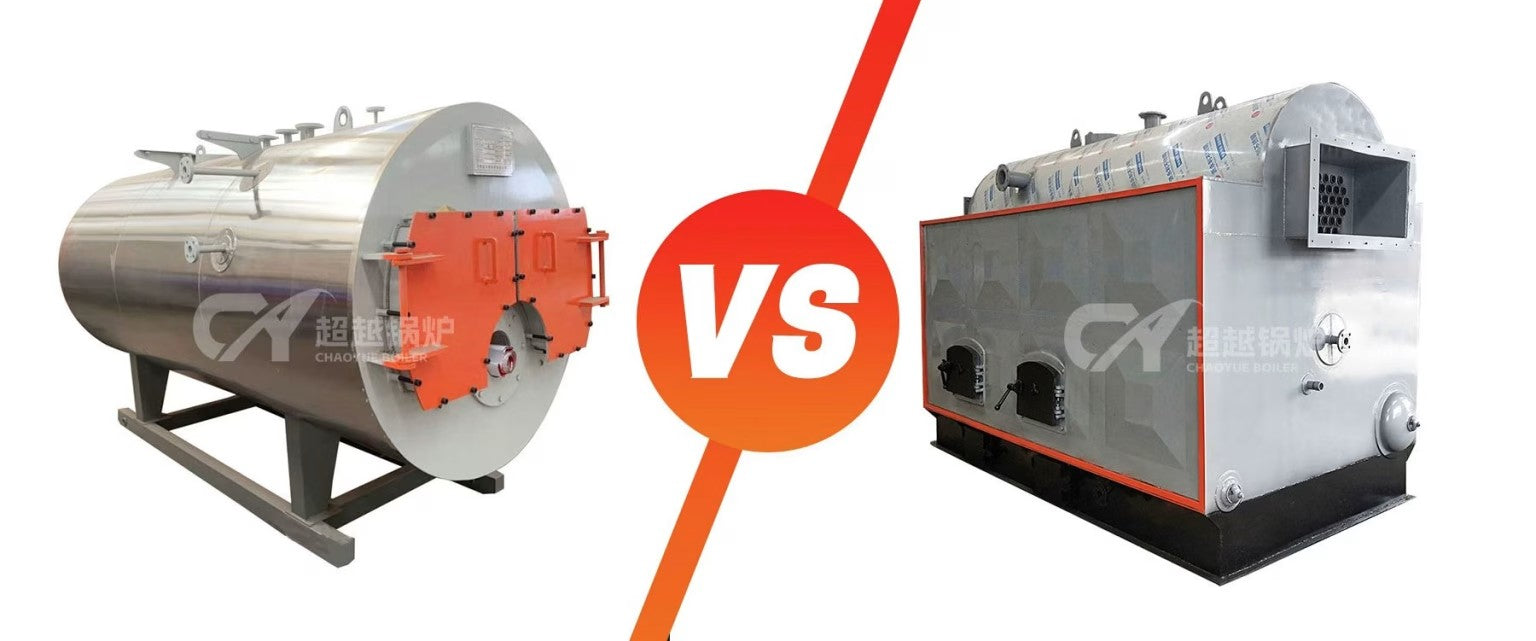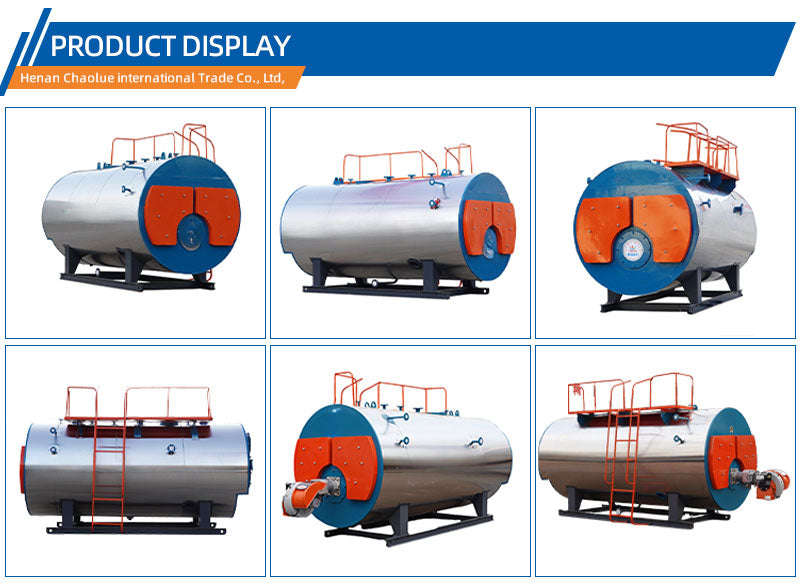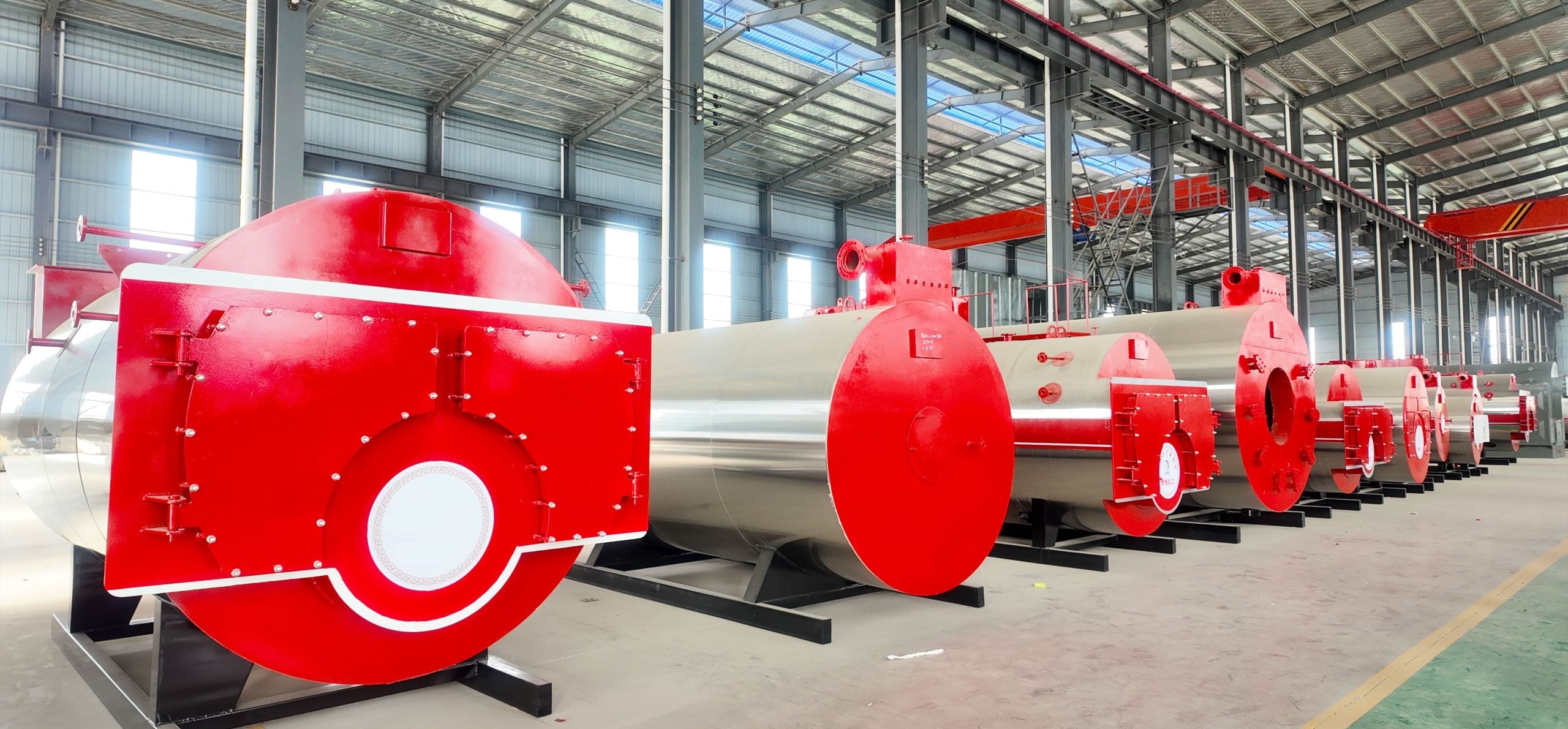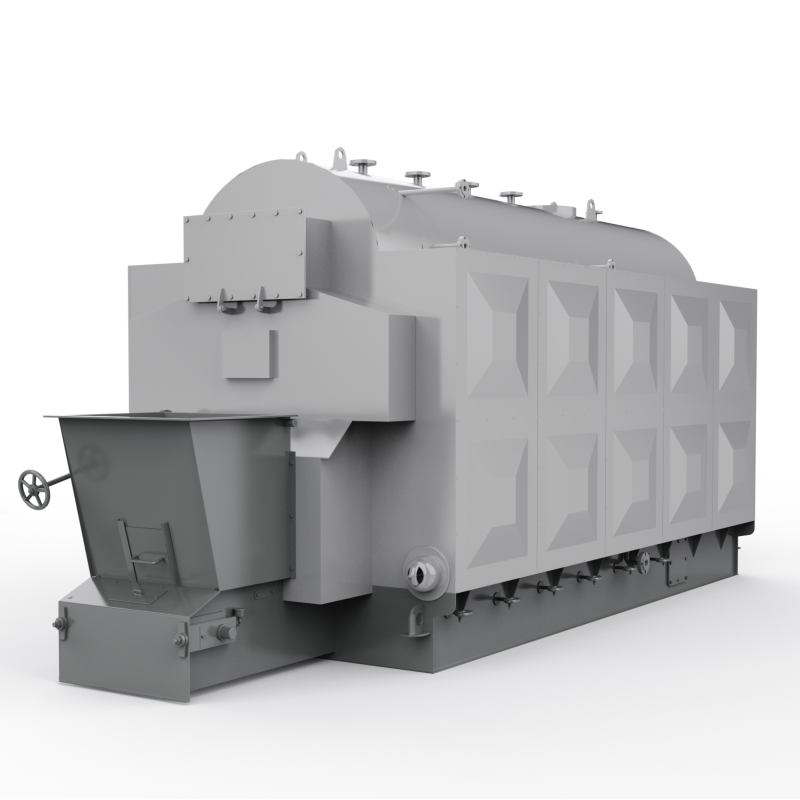
Cost Comparison Between Biomass Boilers And Gas Boilers
When choosing industrial or heating boilers, investment and operating costs are often the core concerns of users. Biomass boilers and gas boilers, as two common options, have significant differences in cost structure and cannot be judged unilaterally based solely on equipment prices. This article will comprehensively compare the two from multiple dimensions to determine which one is cheaper.

Initial investment cost
From the perspective of equipment purchase and installation, gas boilers usually have a more compact structure and a higher degree of automation, so the initial investment is relatively low and the installation is also more convenient. Biomass boilers, due to the need for fuel storage, feeding and dust removal systems, have higher equipment costs and installation complexity, and their initial investment is generally higher than that of gas boilers of the same specification.
Fuel and operating costs
Operating costs are the key in long-term use. Gas boilers rely on natural gas, and their prices are greatly affected by fluctuations in the international market. In the long term, fuel costs are high and unstable. Biomass boilers use wood chips, straw and other fuels, which are widely available and inexpensive. Especially in areas rich in agricultural and forestry resources, their operating costs are significantly lower than those of gas boilers, demonstrating outstanding economic sustainability.
Maintenance and environmental costs
Gas boilers are relatively easy to maintain, have clean emissions, and are environmentally compliant with low costs. Biomass boilers require regular cleaning of combustion residues and dust removal systems. The maintenance frequency and labor costs are slightly higher, and there may also be certain ash and slag treatment expenses. However, from the perspective of environmental benefits, biomass boilers have nearly zero carbon emissions and have great potential to enjoy policy subsidies, which can indirectly reduce long-term compliance and carbon tax costs.
Overall economic analysis
Overall, although biomass boilers have a relatively high initial investment, they often have more economic advantages in long-term operation, especially in high-load scenarios, due to their low and stable fuel prices. Gas boilers have a low initial cost and are easy to operate, making them suitable for users with limited space or short-term use. Ultimately, which one is “cheaper” depends on the actual conditions for obtaining fuel, the duration of use and the policy environment.



